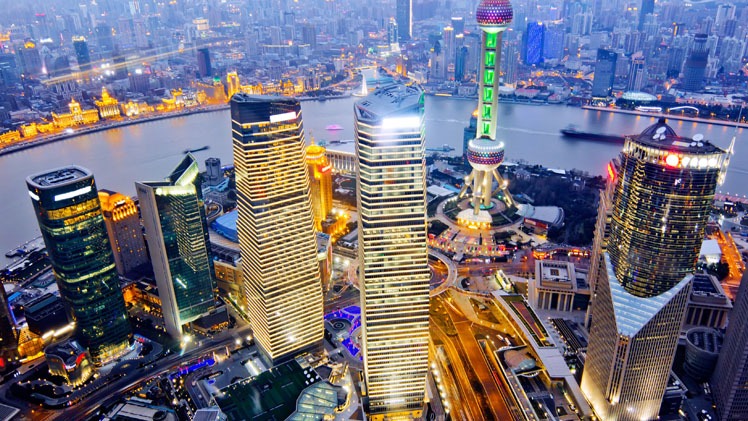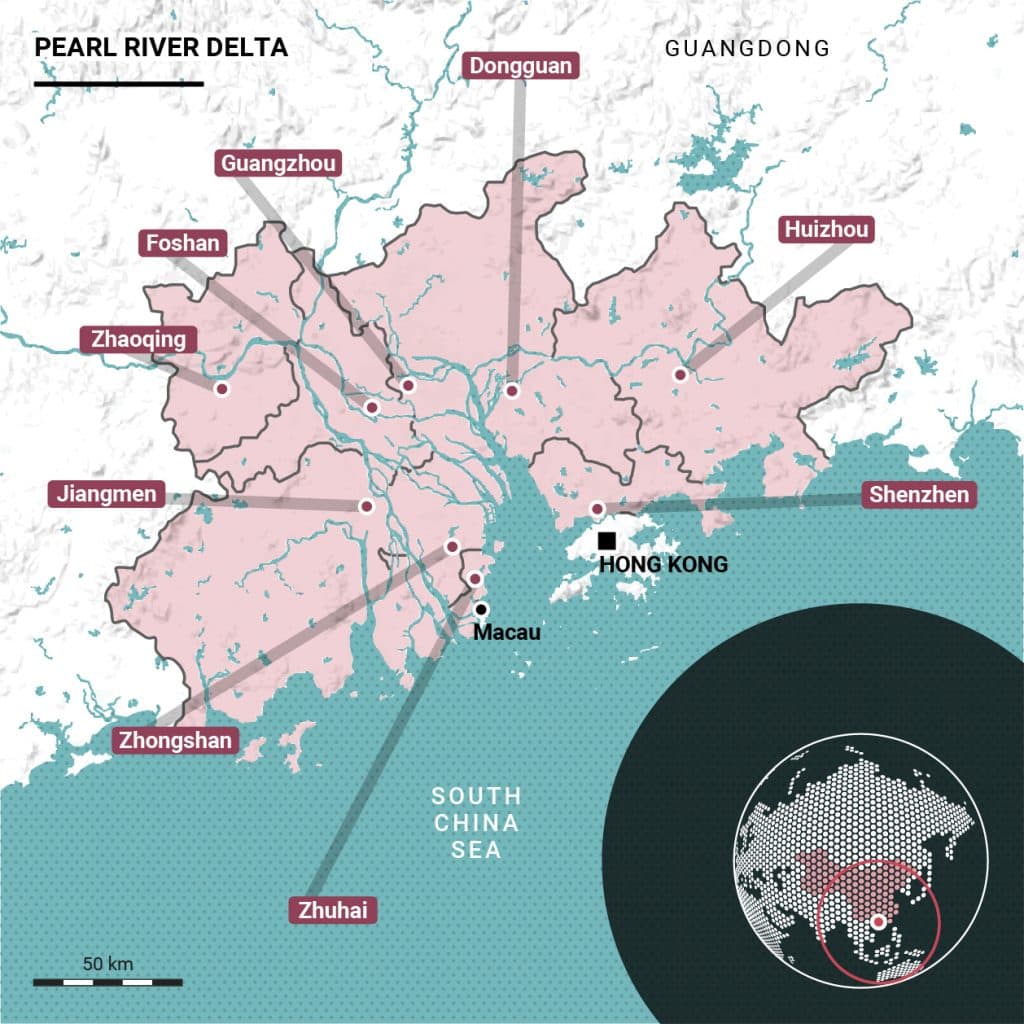As China continues its astonishing economic rise on the global stage, two of its cities stand out as titans representing the country’s ambitions - Shanghai and Beijing. While both thrive as epicentres of commerce, culture, and tourism, each city carries its own unique charms and flavours of “New China”.
Shanghai: The Sparkling Financial Powerhouse
Skyscrapers, Boutiques and River Cruises
Shanghai thrills with a dazzling landscape of towering skyscrapers, housing the headquarters of numerous Chinese conglomerates as well as international financial institutions. Its status as China’s preeminent financial center is underscored by the looming Oriental Pearl Tower and the sprawling Pudong district across the Huangpu River. Treasures and indulgences abound in the high-end malls and designer boutiques concentrated around Nanjing Road and the Bund. A memorable experience is a cruise down the iconic Huangpu River, mesmerized by the glittering cityscape changing hues at nightfall.

Vestiges of Past Glories
Even as Shanghai embraces a bold future, remnants of its storied past endure. Strolling the cobblestone alleys of the former French Concession area transports visitors back to the city’s heyday as the pre-World War 2 commercial and fashion capital of East Asia. Architectural gems like the Paramount Ballroom and Broadway Mansions retain the old-world flair that earned Shanghai the moniker “Paris of the East”. Meanwhile, the peaceful Yu Garden preserves the charm of the Ming dynasty when it was built. A glimpse into Shanghai’s past adds depth to appreciating its present dazzle.
Beijing: Heart of Heritage and History
Imperial Grandeur at the Forbidden City
As China’s political nerve center, Beijing feels the weight of history palpably. Towering gates and ornate halls within the expansive Forbidden City continue to evoke the magnificence of Middle Kingdom emperors that reigned here for nearly 500 years. Now a museum, it remains the largest palace complex in the world, transporting visitors back to China’s imperial past unlike anywhere else. Surrounding it, the heritage landmarks of Tiananmen Square, Temple of Heaven, and Summer Palace enhance the sense of dynastic legacy permeating the capital city.
Mingling Modern Marvels with Ancient Wonders
Yet Beijingcharts its own course as a beacon of New China while respecting its roots. It is here where one finds the most impressive expression of China’s re-emergence - the opulent National Center for the Performing Arts and sweeping skyline of the Central Business District. More recent architectural marvels like the Olympic venues expertly juxtapose with well-preserved relics like the Great Wall. For those seeking to comprehend China’s journey, Beijing offers an unparalleled blended experience of ancient allure and modern metropolitan face.
A Tale of Two Cities: Comparing Shanghai and Beijing
Shanghai and Beijing, as two leading cities representing modern China globally, each proudly wave their own charm and character.
Shanghai: International Flair, Business Savvy
Shanghai’s status as China’s premier financial hub is unmistakable, with its dense clusters of skyscrapers, impressive riverfront, and world-class infrastructure matching top world cities. Its dazzling contemporary spirit coupled with remnants of its past heyday as Asia’s most sophisticated metropolis lend it an urbane flair far removed from other Chinese cities. More accustomed to foreigners and foreign business, Shanghai feels comfortingly cosmopolitan.
Beijing: Monumental Heritage, Political Prowess
Beijing broadcasts its role as China’s seat of governance and ancient imperial capital most potently. Nothing else in China conveys the glory, gravitas and mystique of over 500 years of dynastic rule as effectively as its treasured landmarks spread across Tiananmen Square and the Forbidden City. Its fusion of heritage and modern architectural wonders makes it ideal for gaining perspective into China’s profound cultural roots and its ambitions on the ascendancy.
Beyond Shanghai and Beijing: Lesser Known Gems
While Shanghai and Beijing absorb the bulk of international visitors’ itineraries, China abounds with other urban centres each imparting their own distinctive regional characteristics.
Tianjin: Strategic Business Hub near Beijing
As a major port city mere 30 minutes by high-speed rail from Beijing, Tianjin attracts significant foreign investment and businesses leveraging off both its strategic position and lower costs compared to the capital city. Beyond its modern SEZ zones, its historic centre around the Ancient Cultural Street offers charming old attractions imbued with North China flavor.
Xi’an: Cradle of Chinese Civilization
Famed as the eastern terminus of the Silk Road, Xi’an played a pivotal role for over a thousand years as thirteen dynasties established their capitals here. None highlight this legacy greater than the Terracotta Army, buried alongside the vast mausoleum of Qin Shi Huang, first emperor to unify China. With remnants of the old city wall enclosing myriad historical sites, Xi’an offers soul-stirring glimpses of China’s deep roots.
Conclusion
For an authentic slice of modern China on the international stage, partnered with rediscovering historic roots, travelers will find Shanghai and Beijing each exceptionally rewarding urban adventures. However, embarking farther afield unveils many other regions reflecting unique evolution inspired by their terrain and peoples. Whether witnessing China’s heritage, business advances or just taking in stunning scenery, the diversity of experiences across the vastly diverse Middle Kingdom continues unfolding ever-greater wonders.

 Essential Travel Tips for Your Trip to Taiwan
Essential Travel Tips for Your Trip to Taiwan